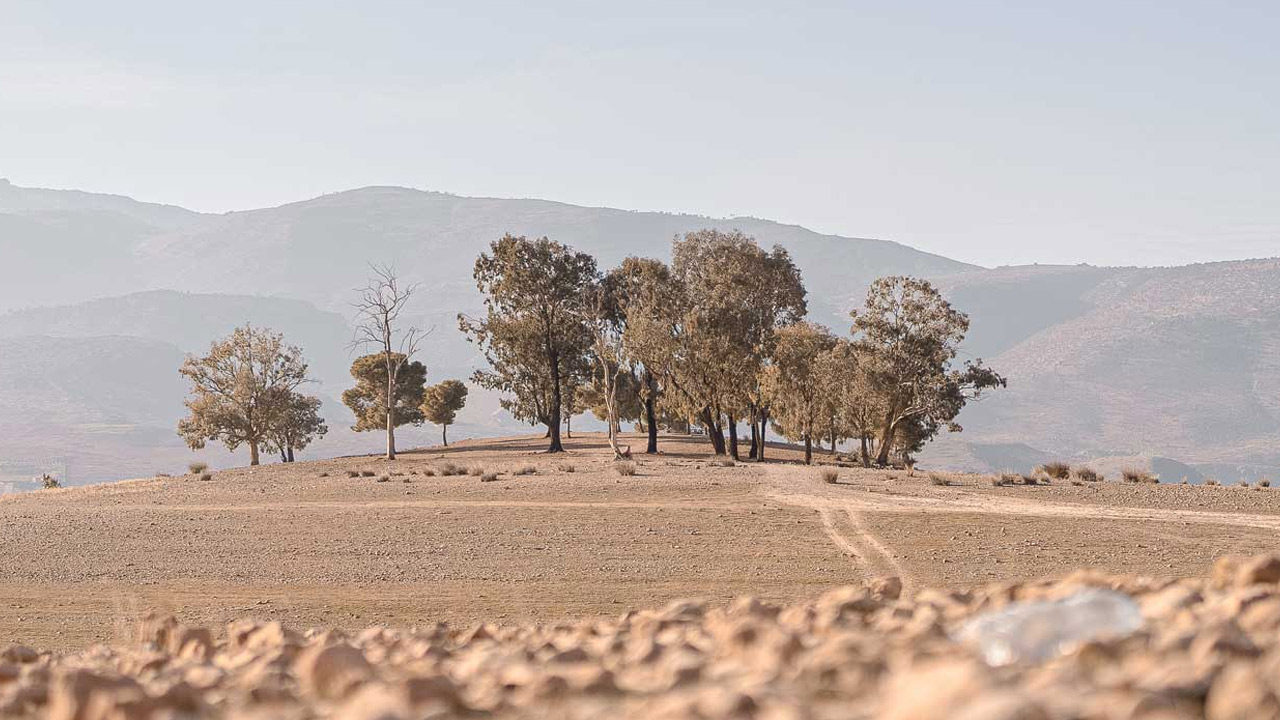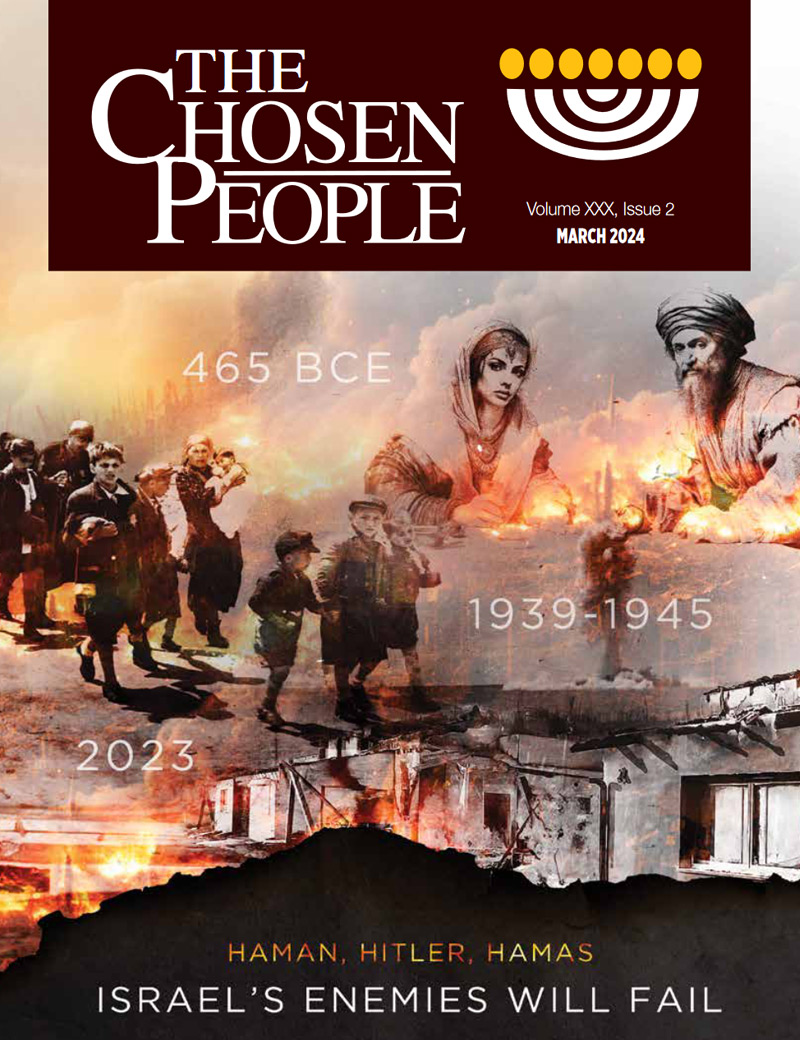
The beginning of Micah chapter 7 is a lamentation about the prophet’s disappointment with Israel’s ungodliness: “Woe is me! For I am like the fruit pickers, like the grape gatherers. There is not a cluster of grapes to eat, or a first-ripe fig which I crave” (Mic 7:1). Micah compared himself to Israel’s fruit pickers and grape gatherers, who felt great discouragement over their poor harvests. In presenting this comparison, he intimated Israel lacked righteous deeds in the same way an orchard or vineyard appears barren after the fruit has been gathered. Spiritually, Israel should have produced more fruit, but she clearly did not.
“There is no upright person among men”
Using hyperbolic language, Micah said he could not find any faithful or morally upright person in the land: “The godly person has perished from the land, and there is no upright person among men. All of them lie in wait for bloodshed; each of them hunts the other with a net” (Mic 7:2). Micah was undoubtedly exaggerating, as there were some righteous in Israel, including Micah’s contemporary, Isaiah. However, by overstating his case, he underscored the rarity of those who follow God. As the saying goes, “The exception proves the rule.” Most of the people seemed to wait for an opportunity to advance their own interests, even resorting to violence and bloodshed to do so. They are described as hunters waiting to trap unsuspecting prey in their nets.

The people were so skillful at doing evil, they could do it equally well with either hand. Micah wrote about them, “Concerning evil, both hands do it well. The prince asks, also the judge, for a bribe, and a great man speaks the desire of his soul; so they weave it together” (Mic 7:3). Growing up in Brooklyn, New York, my favorite baseball player was Mickey Mantle, who could hit home runs either right-handed or left-handed. Those whom Micah was chastising were like Mickey Mantle when it came to sinning—they could hit home runs with either hand. These leaders, who should have set an excellent spiritual example for the people, always had their hands out to receive bribes. The powerful could satisfy their wicked desires because they could pull the right strings. They formed their own networks to entrap the weak.
“The most upright like a thorn hedge”
For Micah, even the best and most upright were prickly and unfruitful: “The best of them is like a briar, the most upright like a thorn hedge” (Mic 7:4). Briars and thorn hedges ensnare and hurt anyone who encounters them. So, even relatively good people harmed others. Micah then warned of the consequences of their actions. “The day when you post your watchmen, your punishment will come. Then their confusion will occur” (Mic 7:4). Cities would post a watchman to warn of coming danger. In the same way, the prophets, who had the role of God’s watchmen, announced the coming punishment from the Lord. But the people refused to heed the prophets’ cries of danger. Therefore, they would be confused when captivity came because they did not heed the warnings.
“A man’s enemies are the men of his own household”
Finally, Micah warned people not to trust those close to them, whether friends or family members: “Do not trust in a neighbor; do not have confidence in a friend. From her who lies in your bosom guard your lips. For son treats father contemptuously, daughter rises up against her mother, daughter-in-law against her mother-in-law; a man’s enemies are the men of his own household” (Mic 7:5–6). Because of the corrupt world they lived in, Israel could not trust anyone since everyone lied for their own advantage.
Generally, people find security in a close group, among whom they find acceptance and receive moral support. Micah focused on these inner circles of familiarity: friends and family members. Because of all the corruption, the people were forced to go against their natural instincts of trusting those close to them. They had to retreat within themselves and keep their own counsel so as not to face betrayal. In contrast, Micah points them to the only One who is ever faithful and worthy of trust: the Lord (Micah 7:7).
